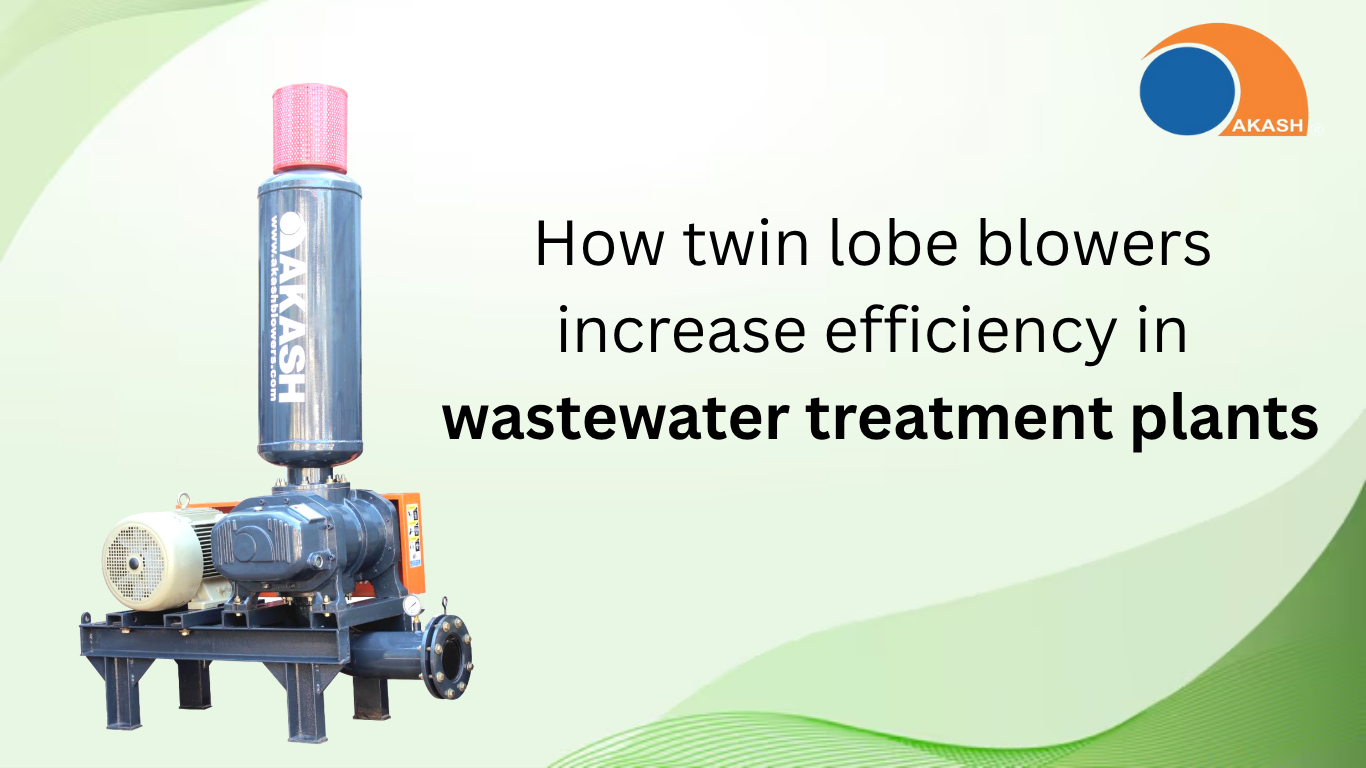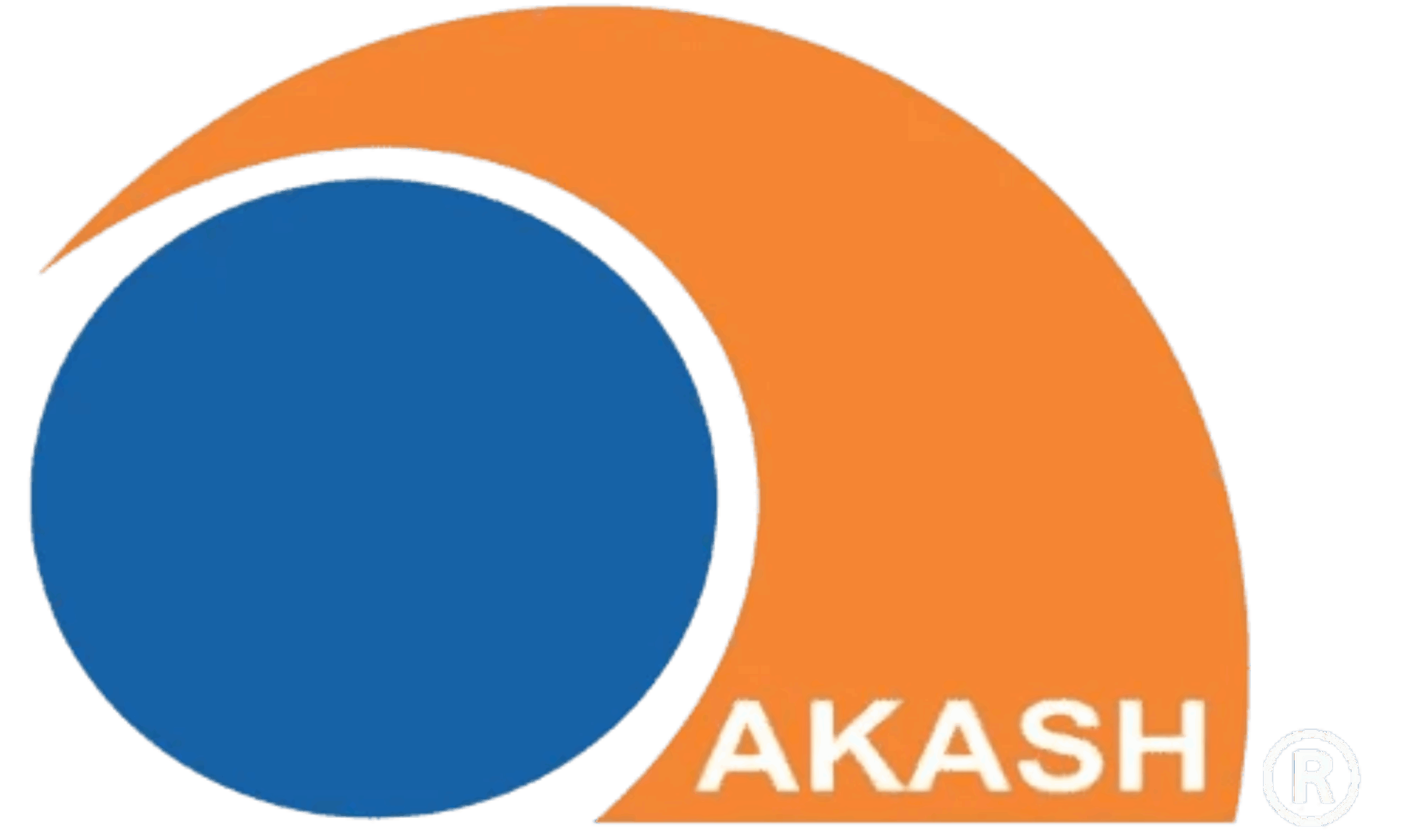How twin lobe blowers increase efficiency in wastewater treatment plants

How do twin lobe blowers increase efficiency in wastewater treatment plants? Know their advantages, uses, and ways to save energy
Wastewater treatment plants play an important role in keeping our environment clean and safe. These plants clean dirty water and make it reusable or safely release it into rivers and sea. Many devices are used in this process, one of the important devices is the twin lobe blower. This blog post will tell you what twin lobe blowers are, how they work, and what role they play in increasing efficiency in wastewater treatment plants.
Attention Readers Join Our WhatsApp Community to get latest updates in blower Industry Click Here
What are twin lobe blowers?
Twin lobe blowers are a type of positive displacement blower that supplies air by compressing it to a certain pressure and volume. These blowers have two lobes (rotors) that rotate in opposite directions to each other. These rotors capture the air and expel it with a certain pressure. Its specialty is that it provides continuous and stable air flow, which is very important in wastewater treatment.
Role of twin lobe blower in wastewater treatment
Aeration is an important process in wastewater treatment plants. In this process, oxygen is added to the dirty water so that bacteria and microorganisms can break down the dirt. Twin lobe blowers help in this process in the following ways:
- Continuous air supply: Twin lobe blowers provide continuous and uninterrupted air, so that there is no lack of oxygen in the aeration tank. This helps the bacteria to break down organic waste.
- Energy efficiency: These blowers reduce energy consumption. Their design is such that it provides more air in less power, reducing the power bill of the plant.
- Low noise and vibration: Twin lobe blowers are fitted with silencers, which reduce noise. Also, their design also reduces vibration, which increases the life of the equipment.
- Robust construction: These blowers can work even in harsh conditions. They are constructed from durable materials like stainless steel or cast iron, which prevents rust and damage.
- Low maintenance: These blowers have fewer moving parts and operate without oil, reducing maintenance cost and time.
Advantages of twin lobe blowers
Twin lobe blowers not only help in aeration but also offer several other advantages that increase the efficiency of wastewater treatment plants:
- Safe for the environment: These blowers provide oil-free air, which does not cause any pollution to the water. This is important for environmental protection.
- Long life: Their robust design and low maintenance requirements make them long-lasting.
- Flexibility: Twin lobe blowers can be adapted to different pressures and air volumes, making them suitable for a variety of plants.
- Low cost: Energy efficiency and low maintenance make these blowers reduce costs in the long run. In some plants, they recover their cost in 12-24 months.
Twin Lobe Blower vs Tri Lobe Blower
Many plants also use tri lobe blowers. But tri lobe blowers have an additional lobe compared to twin lobe blowers, which makes the air flow more stable and quieter. However, twin lobe blowers are more useful in places where simplicity and reliability are more important. They work better in low pressure conditions (up to 0.45 bar(g)).
Where are twin lobe blowers used?
Twin lobe blowers are used not only in wastewater treatment, but also in many other industries:
- Food processing: To move material from one place to another.
- Chemical industry: To handle chemicals.
- Cement industry: To move raw materials.
- Paper mills: To supply air to the process.
Energy Efficiency and Environmental Protection
The most energy consumed in wastewater treatment plants is the aeration process, which can account for 45-75% of the total energy cost. Twin lobe blowers help reduce this cost. They not only save energy but also keep the environment clean. Their oil-free design does not cause any pollution to the water, and the low noise and vibration do not affect the surrounding environment.
Tips for choosing the right blower
- Understand the plant requirements: Choose a blower based on the size of your plant and the depth of the aeration tank. If the tank depth is less than 4 meters, twin lobe blowers are suitable.
- Focus on energy efficiency: Always choose blowers that consume less power.
- Check maintenance: Low-maintenance blowers save costs in the long run.
- Choose a reliable manufacturer: Buy blowers from trusted brands like Akash Blowers.
Frequently Ask Question
- What is a twin lobe blower?
It is a positive displacement blower that supplies steady air through two lobes. - Why are twin lobe blowers important in wastewater treatment?
They supply oxygen to the aeration tank, which helps bacteria break down dirt. - Are twin lobe blowers energy-efficient?
Yes, their design reduces energy consumption and saves on electricity bills. - What is the difference between twin lobe and tri lobe blowers?
Tri lobe blowers have an additional lobe, which provides less noise and more efficiency. - How to maintain twin lobe blowers?
Clean filters regularly, check performance, and get professional servicing done.
Also Read:
How to choose the right capacity multi disc screw press (MDSP) machine for your plant?
Why is Multi Disc Screw Press Ideal for ETP/STP Plants in India?
Top 5 Advantages of Using a Multi Disc Screw Press: Compared to Other Dewatering Techniques
Get quotation for Roots Blower in water treatment plant now on the number given below and get the quotation of best Roots Blower as per your plant in just 30 minutes
Technical Expert Contact Number: +91 7419 75 3355

